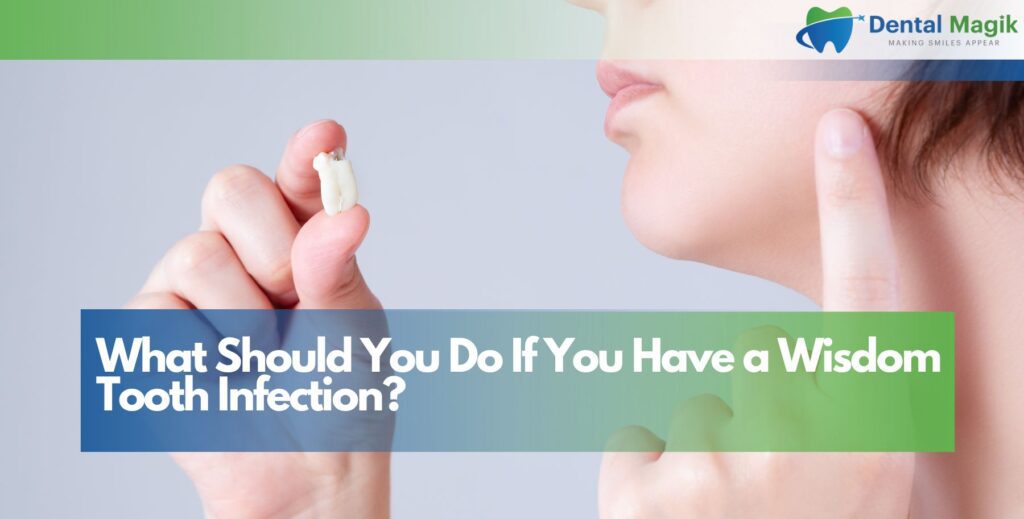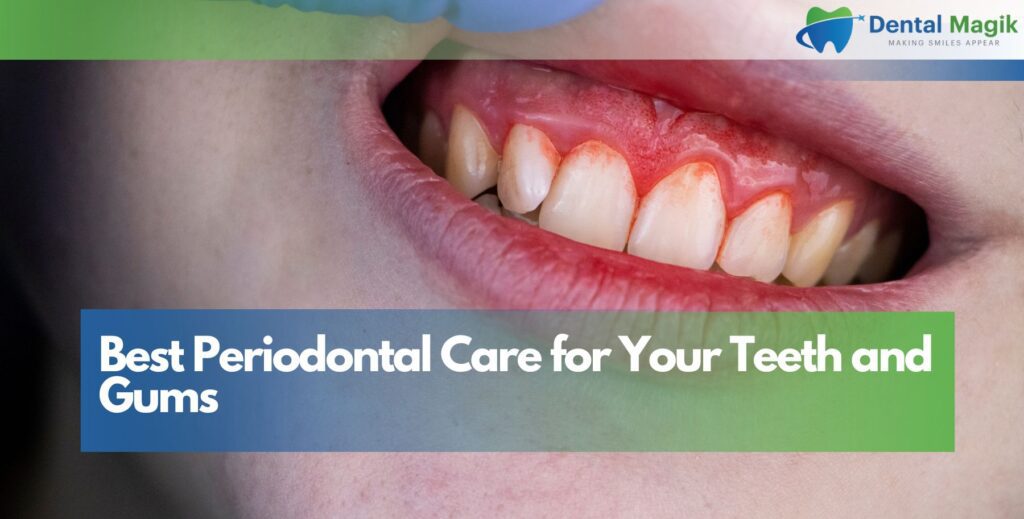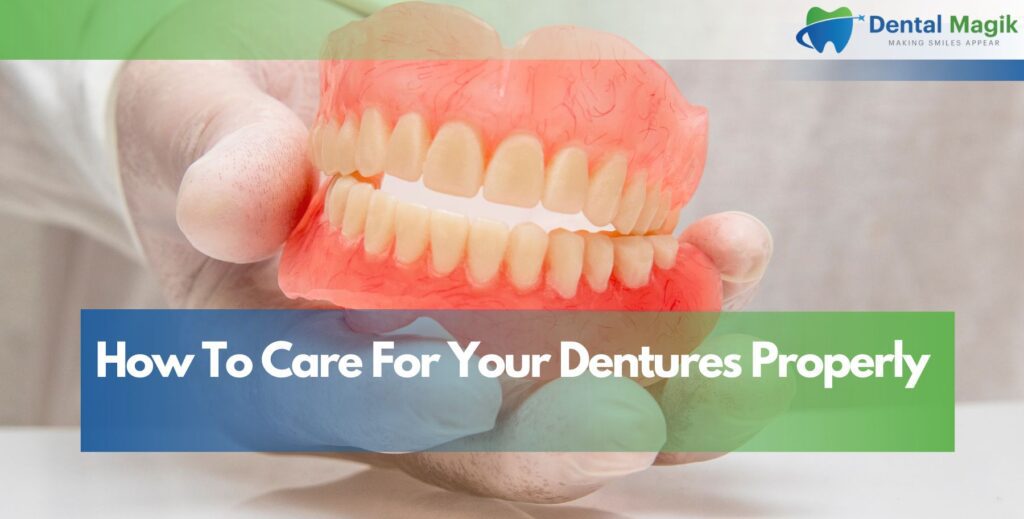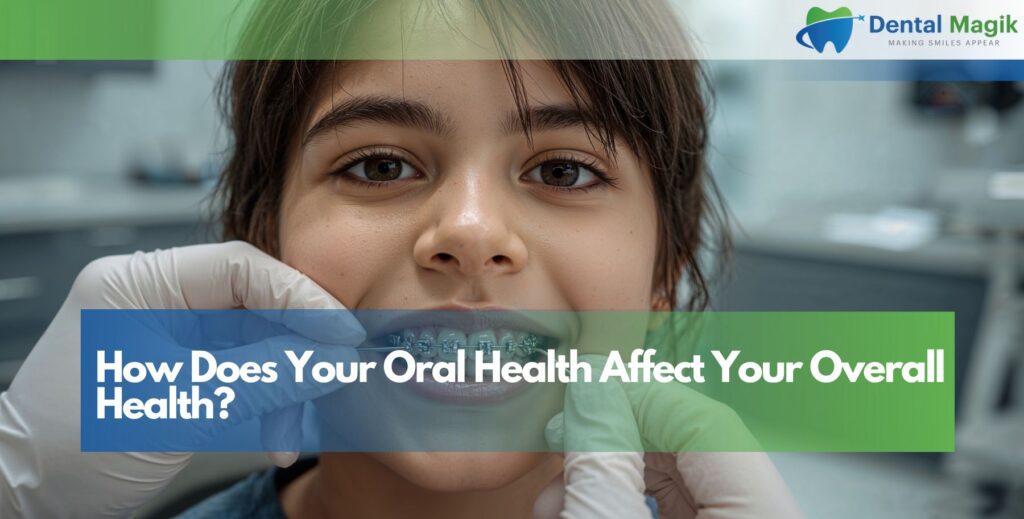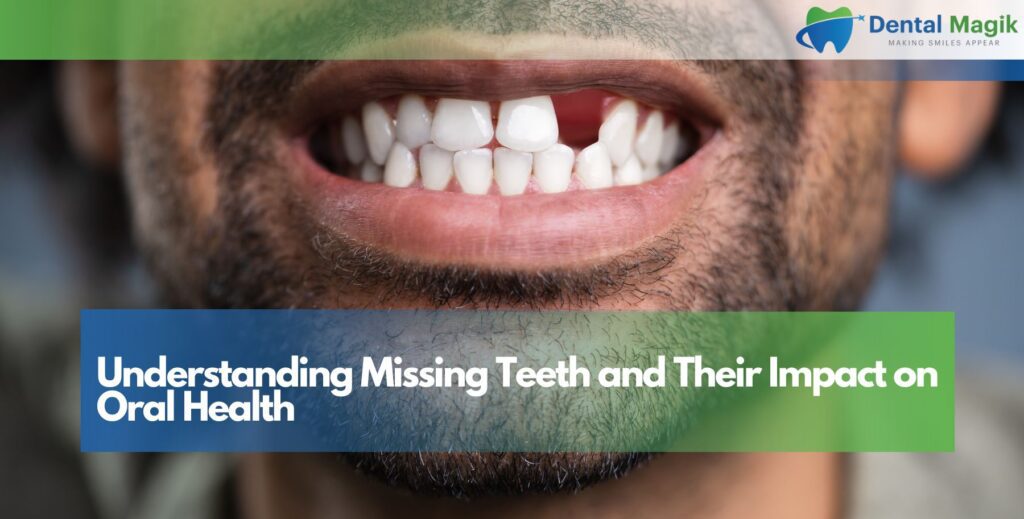Wisdom teeth, also known as third molars, usually show up in your late teens or early twenties. For some people, these teeth come in without any problems. For others, they cause pain, crowding, or infection. When this happens, your wisdom teeth may be impacted. But how do you know for sure?
Let’s break it all down, step by step.
What Are Wisdom Teeth?
Wisdom teeth are the last set of molars that grow at the very back of your mouth. Most people have four—two on the top, two on the bottom. They’re called “wisdom teeth” because they appear when you’re older and supposedly wiser.
While they were useful for ancient humans with rough diets, they’re not really necessary today. That’s why they often cause issues when trying to erupt.
Wisdom tooth extraction in East Brunswick, NJ, is a safe and effective procedure to relieve pain, prevent infections, and avoid dental complications. Whether your tooth is impacted or causing discomfort, local dental professionals provide gentle, expert care with personalized attention to ensure a smooth recovery and lasting oral health.
What Does It Mean When Wisdom Teeth Are Impacted?
An impacted wisdom tooth is one that doesn’t have enough room to fully emerge or grow in the right direction. It might be stuck beneath the gum, pushing sideways, or angled awkwardly into another tooth.
There are different types of impaction:
- Fully impacted: Stuck under the gum and bone
- Partially impacted: Partially pokes through the gum
- Soft tissue impaction: Covered only by gum tissue
- Bony impaction: Encased in jawbone
Signs Your Wisdom Teeth Might Be Impacted
Not sure if your third molars are giving you trouble? Here are some of the most common signs to look for:
Pain at the Back of the Mouth
A dull, throbbing pain near your molars could be the first sign. It might come and go or feel sharp when chewing.
Swollen or Red Gums
Impacted teeth often irritate surrounding tissue. You might notice puffiness, tenderness, or redness in the back of your mouth.
Jaw Discomfort or Stiffness
Your jaw may feel tight or sore, especially when opening wide or chewing food.
Bad Breath or Unpleasant Taste
Bacteria can easily get trapped around partially erupted wisdom teeth. This leads to bad breath or a strange taste.
Headaches or Earaches
Pain radiating from the jaw can affect other parts of your face, including your head or ears.
Trouble Opening Your Mouth
If you feel like your jaw is locking or limited in movement, an impacted tooth could be the cause.
Why Ignoring Impacted Wisdom Teeth Is Risky
Not treating impacted wisdom teeth can lead to:
- Infection
- Cysts or tumors
- Tooth decay
- Gum disease
- Damage to nearby teeth
Even if you don’t feel pain, impacted teeth can silently harm your dental health over time.
How Dentists Diagnose Impacted Wisdom Teeth
Clinical Examination
Your dentist will look at your mouth, checking for swelling, redness, or visible teeth trying to erupt.
X-Rays
The most reliable method. Dental X-rays show the exact position of your wisdom teeth, even if they’re buried under the gum or bone.
X-rays also help determine how close they are to nerves and other teeth—important information before extraction.
When Is Removal Necessary?
Not all wisdom teeth need to be removed. But removal is often recommended if you:
- Have consistent pain or swelling
- Show signs of infection or gum issues
- Have cysts or bone damage
- Can’t keep the area clean
- Have crowded teeth or orthodontic treatment plans
Your dentist will weigh the pros and cons before suggesting removal.
What Happens During Wisdom Tooth Removal?
Consultation
You’ll start with a full exam and X-rays. Your dentist or oral surgeon will explain what to expect.
Anesthesia
You’ll be given local anesthesia, and possibly sedation, depending on the complexity.
Extraction
The dentist may remove the tooth whole or cut it into sections for easier removal.
Recovery
Expect some swelling and soreness for a few days. You’ll get instructions for home care, like avoiding straws, rinsing with salt water, and eating soft foods.
Recovery Tips After Wisdom Tooth Extraction
To heal faster and avoid complications like dry socket:
- Rest the first 24 hours
- Avoid spitting or vigorous rinsing
- Use ice packs to reduce swelling
- Eat soft, cool foods
- Avoid smoking
- Keep your mouth clean (but gently)
Do All Impacted Wisdom Teeth Hurt?
Surprisingly, no. Some people have silent impaction, where they don’t feel pain at all. But just because it doesn’t hurt doesn’t mean it’s harmless.
This is why routine dental checkups are key. A dentist can detect impaction early—before it becomes a bigger problem.
Can You Prevent Wisdom Tooth Problems?
While you can’t prevent how your wisdom teeth grow, early monitoring can help you avoid issues.
Best Practices:
- Get regular dental checkups
- Take X-rays as advised
- Listen to any signs of pain or pressure
- Don’t wait until it gets severe
Conclusion
Wisdom teeth can be tricky. While some people never experience issues, others deal with pain, swelling, or infections. If you’re noticing symptoms—or simply unsure—it’s always best to talk to a professional.
A thorough exam and X-ray from a trusted Dentist in East Brunswick, NJ can give you clear answers. Whether you need monitoring or removal, early action will help protect your smile and your health.
FAQs
What age do wisdom teeth usually appear?
Most people get them between 17 and 25 years old.
Can I keep my wisdom teeth if they’re not causing issues?
Yes, if they’re healthy, fully erupted, and not affecting other teeth.
How long is the recovery after removal?
Generally 3–5 days for basic extractions, up to 7–10 days for complex cases.
Do I need all four removed at once?
Often, yes. Removing all four in one visit is common and can simplify recovery.


